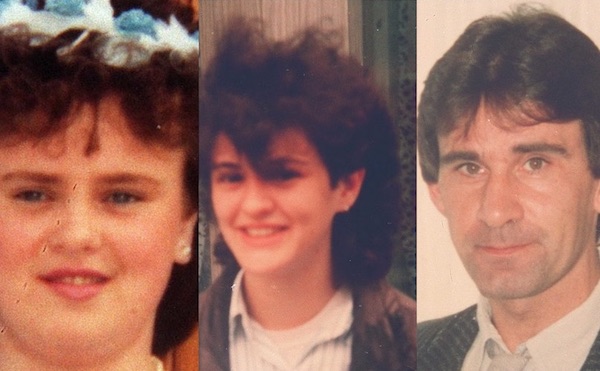
Families suing over state collusion with a loyalist paramilitary gang behind dozens of sectarian murders have secured a major breakthrough in their battle to access documents.
A High Court judge has ruled that relevant material obtained for lead cases can be shared with others in the group action examining a UVF killing spree in the Mid-Ulster area.
Citing the need to avoid delay, Justice McAlinden decided the usual restrictions on disclosure can be changed. His determination could speed up a body of lawsuits against the RUC/PSNI police, Britain’s Ministry of Defence, Britain’s Direct Ruler and three allegedly gang members.
A total of 27 cases are being taken over 13 separate incidents in a campaign of sectarian terror during the late 1980s and early 1990s.
Writs have been issued seeking damages for alleged unlawful killing, negligence, breach of statutory duty and misfeasance in public office.
Three lead cases have been identified, one of which involves a UVF attack on a mobile shop in the Drumbeg estate, Craigavon in March 1991. Brian Frizzell (29) Eileen Duffy (19) and 16-year-old Katrina Rennie were shot dead in a notorious mass murder.
Lawyers stressed the significance of the ruling.
Kevin Winters, of KRW Law, said: “This is a huge boost for many of the families afflicted by collusion in relation to the Mid Ulster UVF at this time in the conflict.
“Not only that, but it sets a template for future applications, this is relevant right across the board for a raft of cases currently before the court.”
Mr Winters added: “It’s a very positive judicial pronouncement on the way forward to speed up legacy litigation.”
Gavin Booth of Phoenix Law said his clients will now be able to access discovery in order to effectively progress their cases.
Mr Booth stressed: “All families are entitled to justice in a way that’s compliant with Article 6 of the European Convention on Human Rights.”
![[Irish Republican News]](https://republican-news.org/graphics/title_gifs/rn.gif)
![[Irish Republican News]](https://republican-news.org/graphics/title_gifs/harp.gif)

